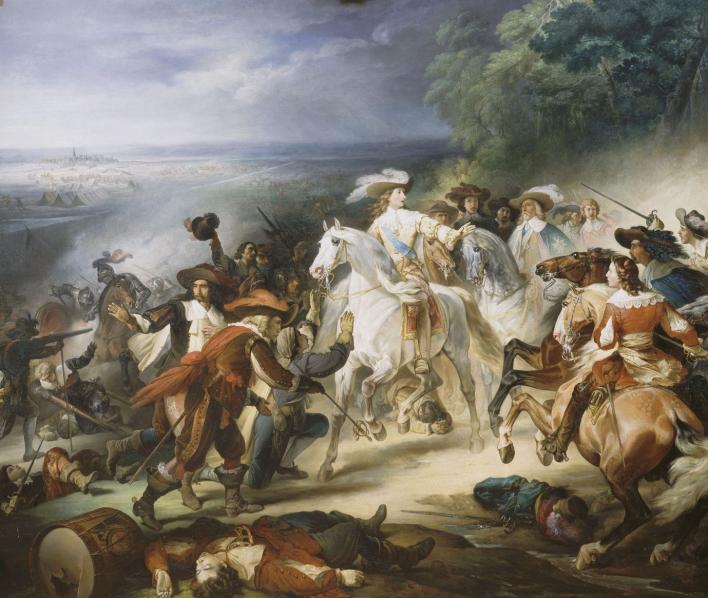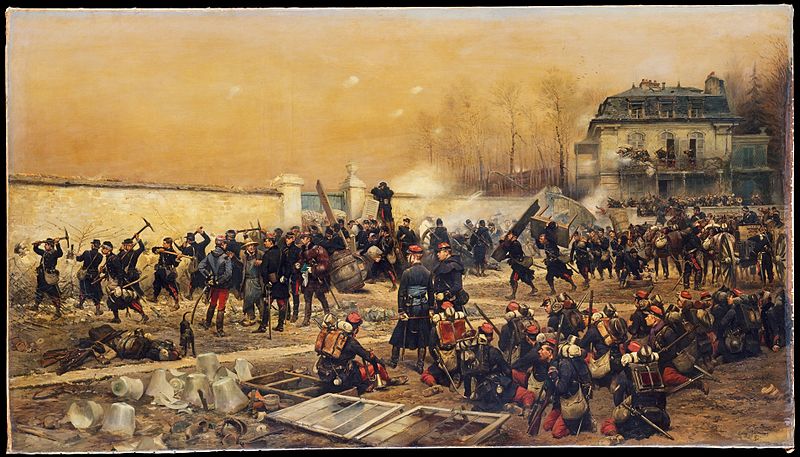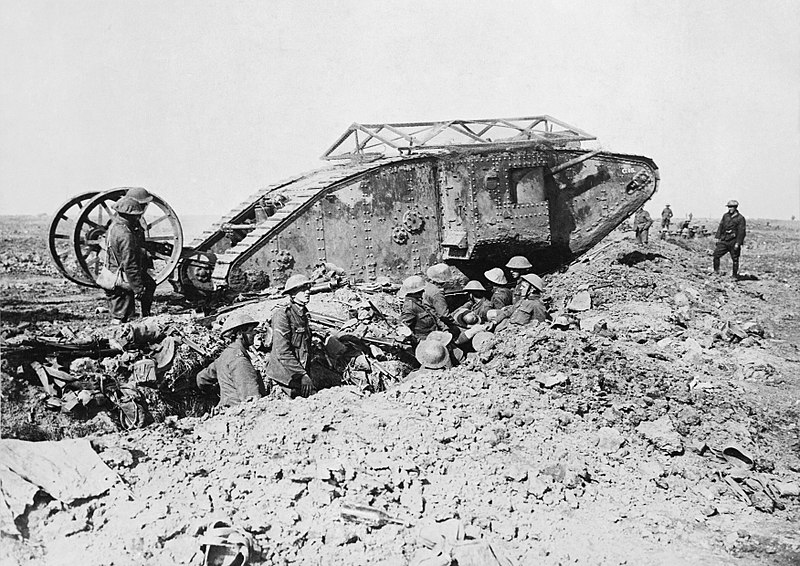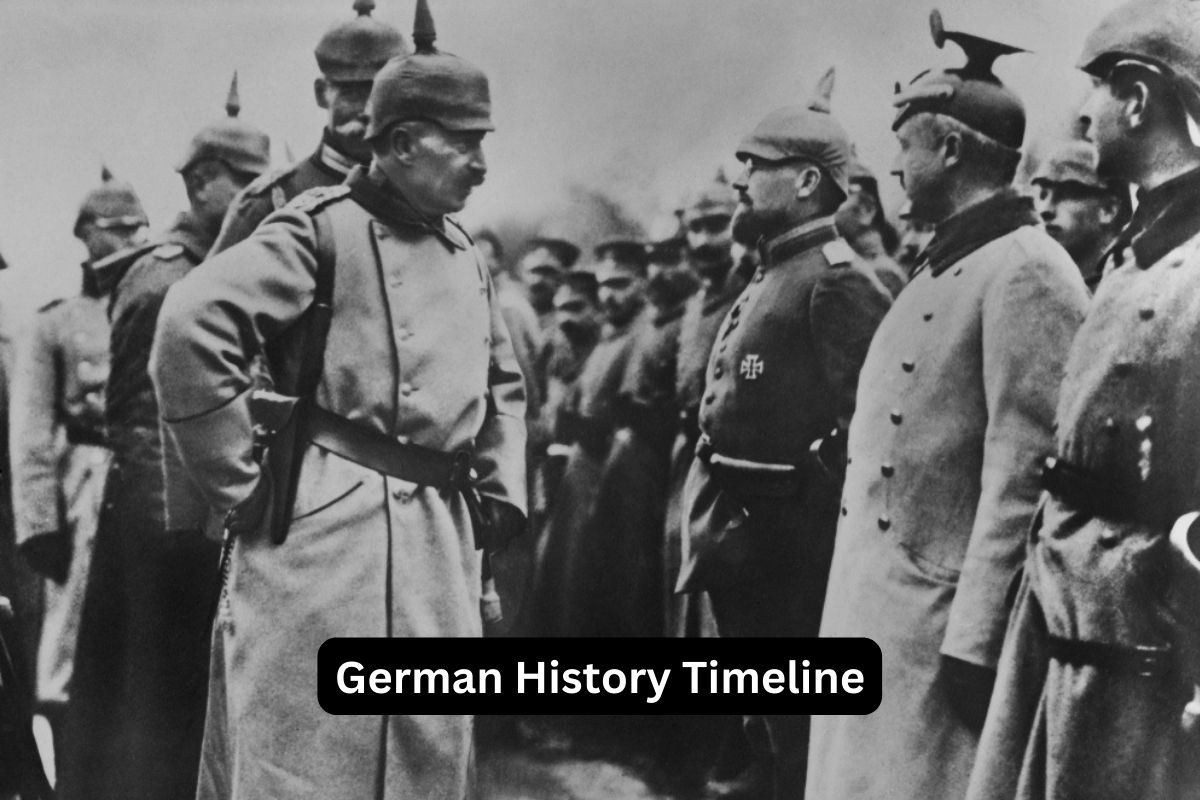German history is a tapestry woven with complex threads of culture, politics, and innovation. From its origins as a collection of tribes to its pivotal role in shaping European geopolitics, Germany’s story has traversed distinct eras that have left lasting impacts on the world.
The nation’s history includes the formation of the Holy Roman Empire, the cultural richness of the Enlightenment, the struggles of unification under Bismarck, the devastation of World War II, and the subsequent division and reunification.
Throughout its journey, Germany has contributed to art, philosophy, and science while also confronting challenges that have tested its resilience and character. The dynamic evolution of German history continues to influence its role on the global stage.
| Period | Key Events |
|---|---|
| Pre-Modern | – 9th Century: Formation of the East Frankish Kingdom |
| – 1517: Martin Luther’s Ninety-Five Theses | |
| Modern | – 1618-1648: Thirty Years’ War |
| – 1701: Prussia established as a kingdom | |
| – Late 18th Century: Enlightenment influences | |
| – 1871: German unification under Bismarck | |
| – 1914-1918: World War I and Treaty of Versailles | |
| Interwar and WWII | – 1933: Hitler becomes Chancellor |
| – 1939-1945: World War II and Holocaust | |
| – 1945: Germany divided into occupation zones | |
| Cold War and Reunification | – 1949: East and West Germany established |
| – 1961: Berlin Wall erected | |
| – 1989: Fall of Berlin Wall and end of Cold War | |
| – 1990: German reunification | |
| Post-Reunification | – 21st Century: Germany prominent in EU |
| – 2005: Angela Merkel becomes Chancellor | |
| – 2015: Large influx of refugees | |
| – 2020: COVID-19 pandemic impacts |
History of Germany Timeline
Pre-Modern Period
9th Century: Formation of the East Frankish Kingdom
In the 9th century, the region that would later become modern Germany was characterized by a collection of different tribes and kingdoms. The East Frankish Kingdom, led by the Carolingian dynasty, emerged as a prominent political entity.
Also Read: European History Timeline
The East Frankish Kingdom eventually evolved into the Holy Roman Empire, a complex union of territories that included parts of present-day Germany, Austria, and other surrounding regions.
1517: Martin Luther’s Ninety-Five Theses
In 1517, Martin Luther, a German theologian, published his Ninety-Five Theses, which criticized certain practices of the Catholic Church, particularly the sale of indulgences.
This event marked the beginning of the Protestant Reformation, a religious movement that led to the fragmentation of the Catholic Church and the establishment of various Protestant denominations.
Also Read: Austrian History Timeline
Luther’s ideas had a profound impact on German culture, politics, and society, contributing to a period of religious and political upheaval.

Modern Period
1618-1648: Thirty Years’ War
The Thirty Years’ War was one of the most devastating conflicts in European history. It began as a religious conflict between Protestant and Catholic states within the Holy Roman Empire but evolved into a broader struggle for power and control.
The war involved a complex web of alliances and resulted in widespread destruction and loss of life. The Peace of Westphalia, signed in 1648, ended the war and led to significant territorial and political changes in the Holy Roman Empire. The war’s impact reshaped the political landscape of Europe and marked a turning point in the decline of the Holy Roman Empire’s authority.
1701: Prussia Established as a Kingdom
In 1701, Frederick I of Prussia declared himself king, establishing the Kingdom of Prussia. This marked a significant step in the consolidation of power and the growth of the Prussian state.
Over time, Prussia would become a major player in European politics and military affairs, and its influence would eventually contribute to the unification of Germany under Prussian leadership in the late 19th century.

Late 18th Century: Enlightenment Influences
The late 18th century saw the spread of Enlightenment ideas throughout Germany. Intellectuals like Immanuel Kant, Johann Wolfgang von Goethe, and Friedrich Schiller were influential figures who contributed to German literature, philosophy, and culture.
The Enlightenment emphasized reason, individual rights, and the pursuit of knowledge, which had a lasting impact on German thought and society.
1871: German Unification Under Bismarck
Otto von Bismarck, the Chancellor of Prussia, orchestrated the unification of Germany through a series of wars and diplomatic maneuvers. The Franco-Prussian War of 1870-1871 played a pivotal role in uniting various German states under the leadership of Prussia’s King Wilhelm I.
The result was the proclamation of the German Empire in 1871, with Wilhelm I becoming the first Emperor of Germany. This marked a significant milestone in German history and had profound consequences for Europe’s balance of power.
Interwar Period and World War II
1933: Hitler Becomes Chancellor
In 1933, Adolf Hitler and his Nazi Party came to power in Germany through democratic means. After being appointed Chancellor on January 30, Hitler quickly consolidated power and dismantled democratic institutions.
His regime implemented a series of policies that aimed to establish a totalitarian state, suppress opposition, and promote Nazi ideology. The Enabling Act of 1933 granted Hitler the authority to enact laws without the Reichstag’s approval, effectively undermining the Weimar Republic’s democratic foundations.

1939-1945: World War II and Holocaust
The outbreak of World War II in 1939 had devastating consequences for Germany and the world. The Nazi regime’s expansionist policies and military aggression led to widespread conflict and suffering.
Germany invaded Poland in 1939, triggering the war’s escalation. As the war progressed, Germany occupied and controlled large parts of Europe.
One of the most horrifying aspects of the Nazi regime was the systematic genocide known as the Holocaust. The Nazis implemented a plan to exterminate millions of Jews and other minority groups in concentration and extermination camps.
The atrocities committed during the Holocaust resulted in the deaths of approximately six million Jews and millions of others.
1945: Germany Divided into Occupation Zones
As World War II neared its end, the Allies—consisting of the United States, the Soviet Union, the United Kingdom, and France—conquered Germany. The country was divided into four occupation zones, each administered by one of the Allied powers.
The eastern portion of Germany, including Berlin, was controlled by the Soviet Union, while the western zones were controlled by the other Allies.
This division marked the beginning of the Cold War era, characterized by ideological and geopolitical tensions between the Western democracies and the Soviet Union. The division of Germany and the city of Berlin became symbolic of this global struggle.

Cold War and Reunification
The division of Germany led to the establishment of two separate German states: the Federal Republic of Germany (West Germany) and the German Democratic Republic (East Germany).
These states followed different political and economic systems, with West Germany aligned with Western Europe and East Germany under Soviet influence.
The construction of the Berlin Wall in 1961 physically separated East and West Berlin, serving as a stark symbol of the divided Cold War world. Over the years, East Germans faced restrictions on travel and communication.
However, by the late 1980s, political changes within the Soviet Union and growing pressure for reforms in East Germany led to a thaw in relations. In 1989, peaceful protests in East Germany and the fall of the Berlin Wall on November 9 marked a turning point.
The reunification of Germany was achieved on October 3, 1990, as East and West Germany officially became a single nation. The process involved negotiations, economic challenges, and the merging of political and social systems. The reunification marked the end of the Cold War division and the beginning of a new era for Germany.
Post-Reunification Era
21st Century: Germany’s Prominence in the European Union
Following reunification, Germany solidified its position as a major player within the European Union (EU). With its strong economy, industrial base, and political stability, Germany became a driving force in shaping EU policies and decisions.
The adoption of the euro as the common currency for many EU countries further reinforced Germany’s economic influence.
Chancellor Angela Merkel, who served from 2005 to 2021, played a pivotal role in European and international affairs. Germany’s support was crucial during the European financial crisis, and Merkel’s leadership was instrumental in managing challenges related to the eurozone and immigration.
2005: Angela Merkel Becomes Chancellor
Angela Merkel, a member of the Christian Democratic Union (CDU), became Germany’s first female Chancellor in 2005. Her leadership marked a significant departure from the conservative male-dominated political landscape.
Merkel’s pragmatic and cautious approach to politics earned her the nickname “Mutti” (mother) and contributed to her popularity both domestically and internationally.
Merkel’s tenure saw Germany navigating various challenges, including the global financial crisis, the European debt crisis, and the refugee crisis. She advocated for austerity measures to stabilize the eurozone and took a moderate stance on issues like climate change and international diplomacy.
2015: Large Influx of Refugees
In 2015, Germany faced a humanitarian crisis as a massive influx of refugees and migrants arrived in the country, primarily fleeing conflicts in the Middle East and North Africa.
Chancellor Angela Merkel’s decision to open Germany’s doors to refugees, while initially welcomed by many, also sparked debates about immigration, integration, and national identity.
The influx of refugees led to both positive and negative consequences. While Germany demonstrated solidarity and compassion, there were also challenges related to accommodation, integration, and public sentiment. The issue also had political implications within Germany and across Europe.
2020: COVID-19 Pandemic Impacts
Like much of the world, Germany was profoundly affected by the COVID-19 pandemic that emerged in late 2019. The pandemic led to widespread health and economic challenges, and the German government implemented measures to control the spread of the virus, including lockdowns and social distancing measures.
The pandemic highlighted the importance of Germany’s healthcare system and research institutions. The country’s robust healthcare infrastructure, as well as its strong emphasis on scientific research, played a crucial role in managing the crisis. The pandemic also brought economic disruptions, including job losses and changes in consumer behavior.
